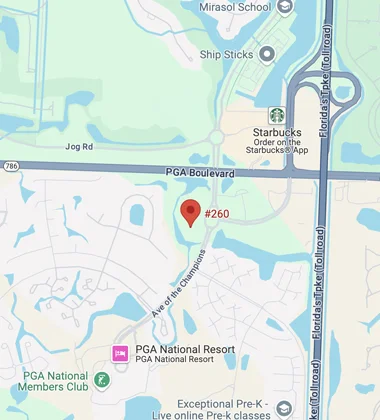Standard for Proving Unlawful Retaliation in Florida

State and federal laws prohibiting discrimination against employees and providing certain rights to employees also have components concerning retaliation. In short, an employer cannot retaliate against an employee who exercises their rights under a state or federal law, or who participates in any kind of investigation into a legal violation, or who engages in any other type of “protected activity,” according to the Equal Employment Opportunity Commission (EEOC). Retaliation is generally understood to mean any adverse action taken by an employer in response to an employee’s participation or engagement in protected activity, including a claim under a law prohibiting discrimination.
If you want to prove unlawful retaliation, what is the standard that you must prove? In the most recent Eleventh Circuit case Monaghan v. Worldpay US, Inc. (2020), the lower court relied on a previous Eleventh Circuit case, Gowski v. Peake (2012). However, when Monaghan made it to the Eleventh Circuit, the court clarified that there is an easier standard for employees to prove unlawful retaliation. Our Palm Beach Gardens employment discrimination lawyers can explain in more detail.
Confusion Over the Standard for Proving Retaliation
In the case Gowski v. Peake (2012), the Eleventh Circuit ruled that, in order to find that an adverse employment action (i.e., retaliation) had taken place, the plaintiff had to prove that “the actions complained of were sufficiently severe or pervasive to alter the terms and conditions of employment.” The court essentially took the requirement for proving hostile work environment discrimination under federal law and seemed to apply it to a retaliation claim. Accordingly, when the lower court heard Monaghan, it applied this language and previous Eleventh Circuit ruling.
However, in 2020, the Eleventh Circuit Court of Appeals — which includes the state of Florida in addition to Alabama and Georgia — clarified that the language in Gowski did not have the appropriate standard for a retaliation claim.
Understanding the Appropriate Standard for Proving Retaliation
When the Eleventh Circuit decided Monaghan, it made clear that “the proper standard in a retaliation case is the one set out by the Supreme Court in Burlington Northern & Santa Fe Railway Co. v. White (2006),” which was confirmed by the Eleventh Circuit in the case Crawford v. Carroll (2008).
The standard that an employee must prove (as a plaintiff in a retaliation claim) is that the employer’s action “well might have dissuade[d] a reasonable worker from making or supporting a charge of discrimination.” In other words, there is no need to prove that the employer’s actions were severe or pervasive.
Contact a Palm Beach Gardens Employment Discrimination Lawyer
If you have faced any kind of action or behavior from your employer that you suspect might be retaliation, it is important to seek legal advice. Sometimes retaliation can be subtle, and it can be difficult to know for certain whether you have experienced something unlawful. Yet more often than not, employees are the targets of unlawful retaliation, and it may be possible to seek a remedy. One of the experienced Palm Beach Gardens employment discrimination attorneys at Sconzo Law Office can learn more about your circumstances and provide you with information about your options for filing a retaliation claim. We know this can feel like a daunting process, and we are here to advocate for you every step of the way. Contact our firm today to find out more about how we can assist you.
Sources:
eeoc.gov/retaliation
law.justia.com/cases/federal/appellate-courts/ca11/09-16371/09-16371-2012-06-04.html
law.justia.com/cases/federal/appellate-courts/ca11/17-14333/17-14333-2020-04-02.html

